Our Team
Training
One of the most basic standards for an audit is that the auditor has to be trained to conduct the audit properly. He must be familiar with standard accounting principles as well as with business management and administration. In most cases, a degree in business or accounting, along with certification by organizations such as the American Institute of Certified Public Accountants, usually provides some verification of the auditor’s capabilities. The amount of experience the auditor has also indicates whether he is qualified.
Independence
Auditors must conduct audits independently, which means they have to remain objective throughout the audit process. If the auditor fails to remain objective, the results of the audit may be skewed toward the auditor’s preferences or beliefs and therefore will not represent what really is happening or what is best for the company. The auditor should not appear to be associated with the company’s interests outside of the audit.
Due Professional Care
Another characteristic of a proper audit is that the auditor uses due professional care. He uses all of his business and accounting knowledge to gather the information necessary to determine what is happening within the company to render a logical, unbiased opinion to managers. He also is careful not to reveal confidential information to unauthorized parties. This characteristic describes the auditors fiduciary duty to the company using his services.
Planning, Supervision and Sufficiency
Planning is the first phase of all audits. It is a major characteristic of audits because failure to plan results in the auditor being less efficient. Part of proper planning involves hiring any audit assistants necessary and supervising them well. As the auditor and his assistants progress through their audit plan, they must gather information sufficient to meet the audit’s objectives and support the opinions rendered.
Statements
If an audit is performed well, the auditor explains in his report whether the information received adheres to current accounting standards. He also details any circumstances that led the company to deviate from those standards if deviations are present. The auditor tells whether the information he has received is accurate and states a formal opinion about the results of the audit or shows why he couldn’t reach a conclusion



